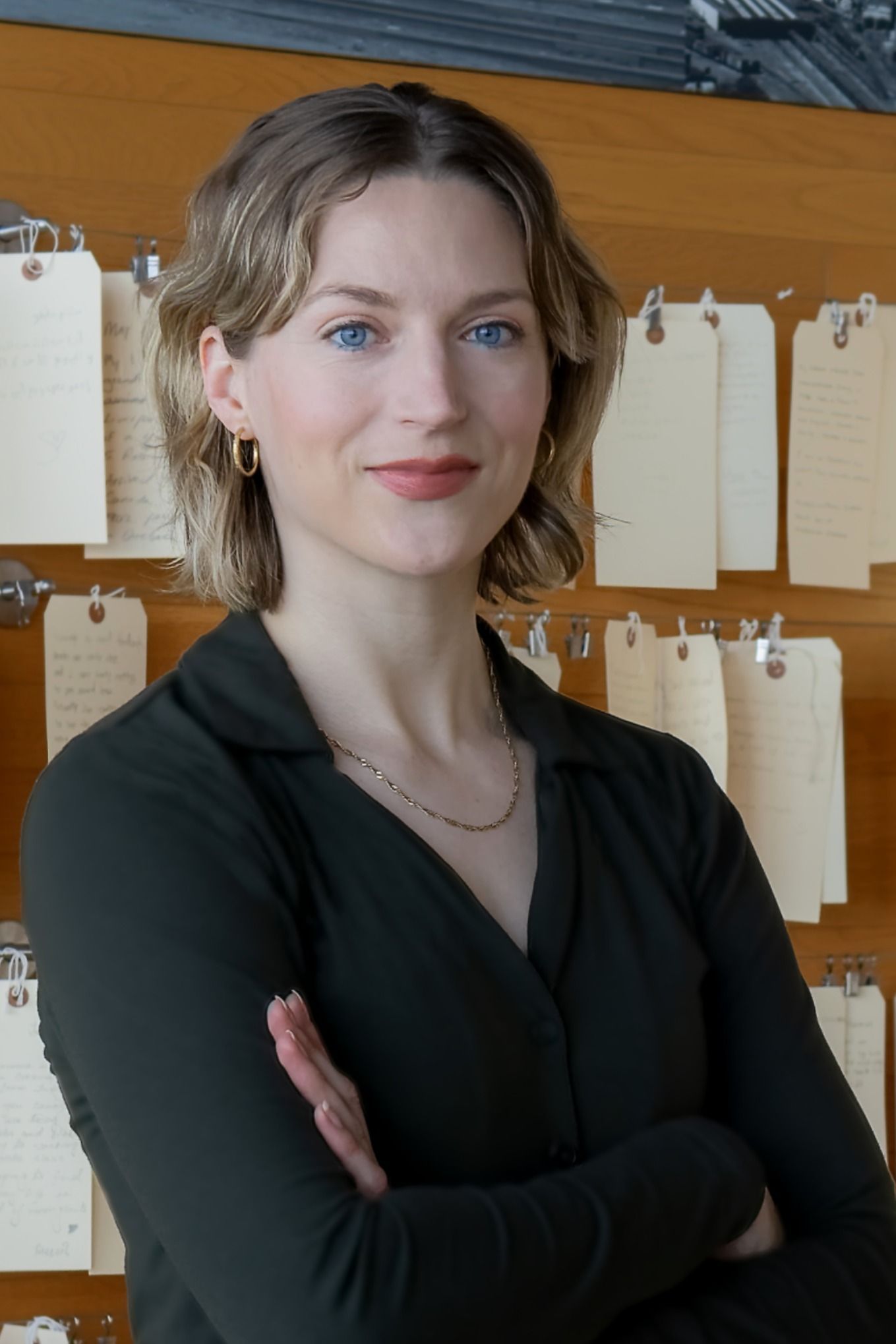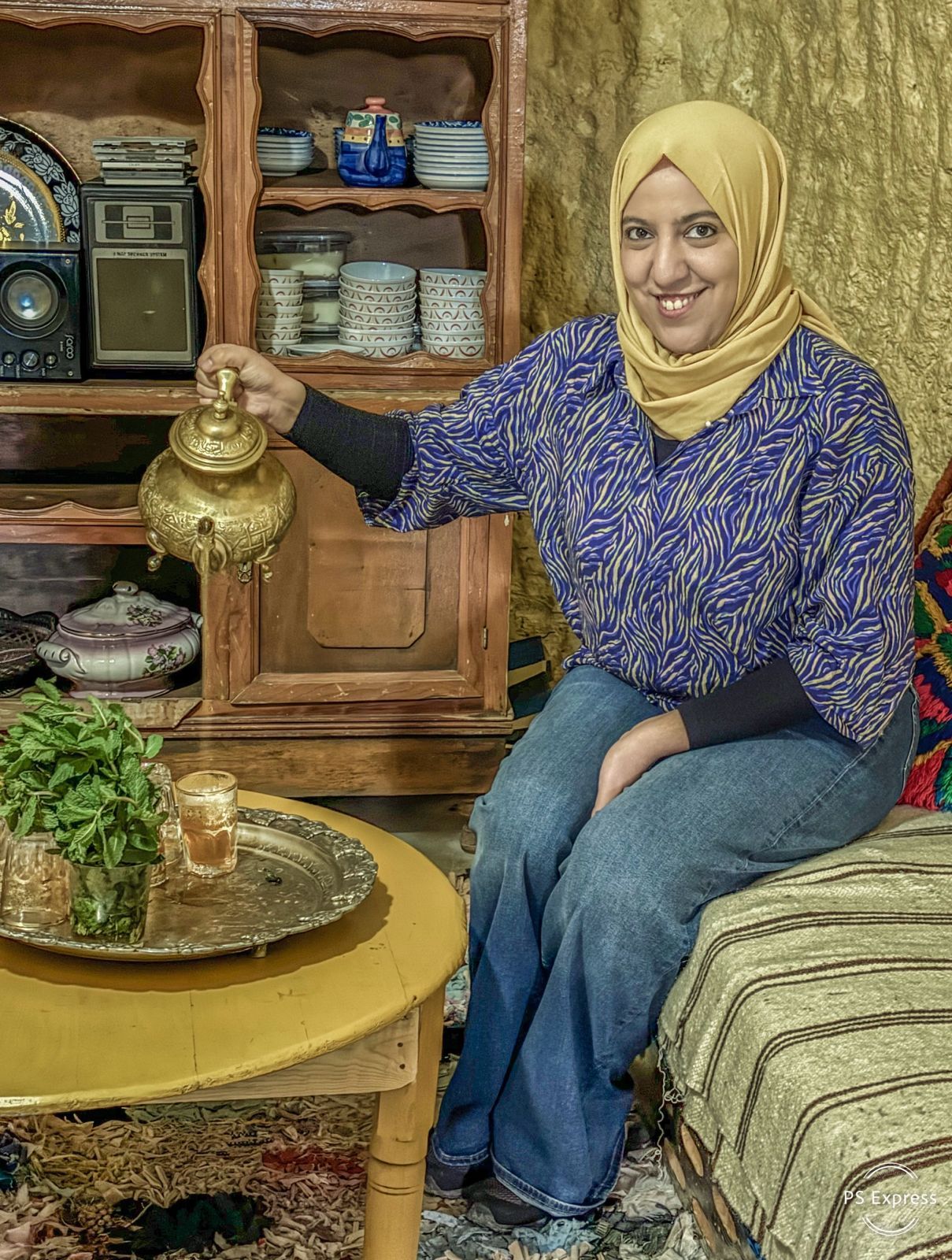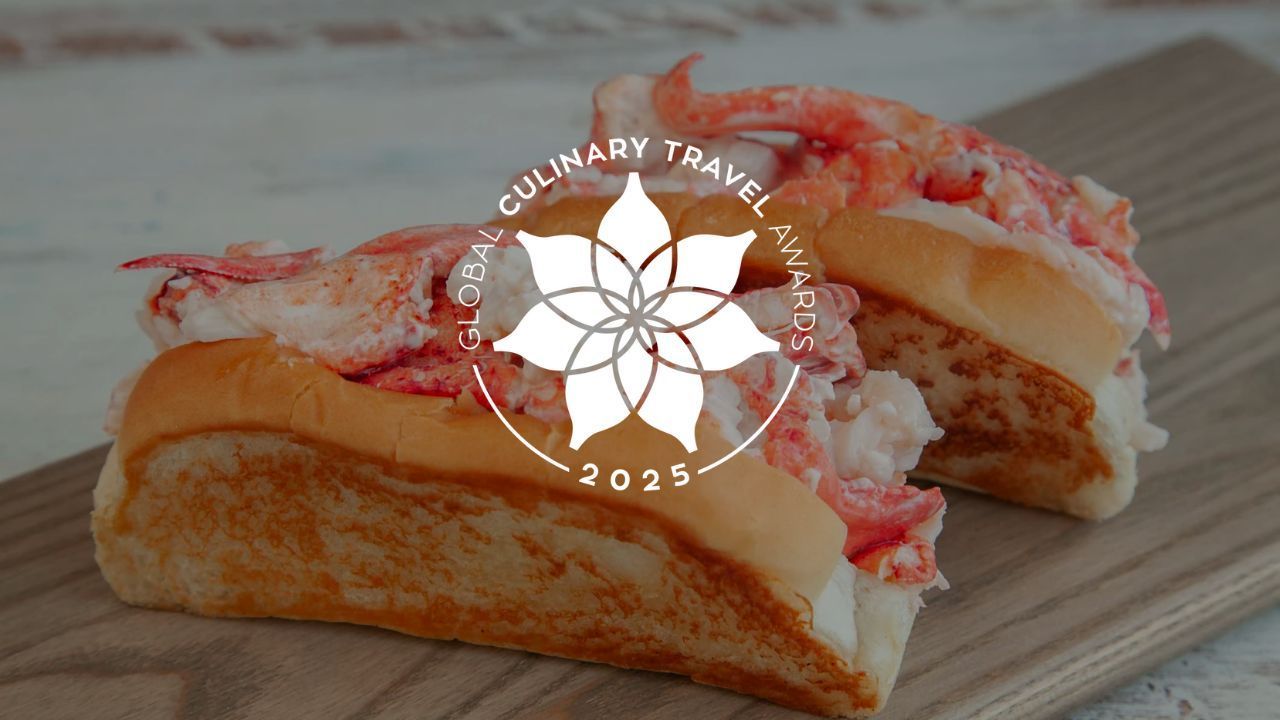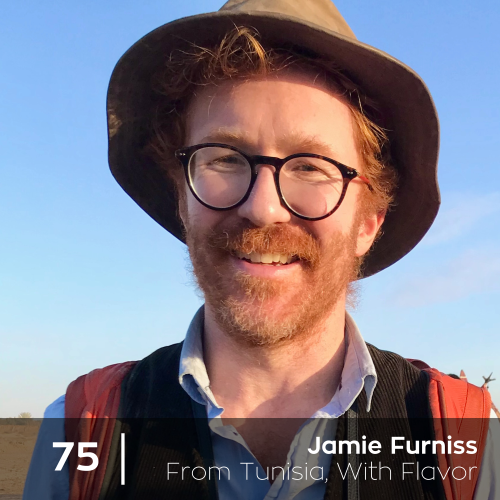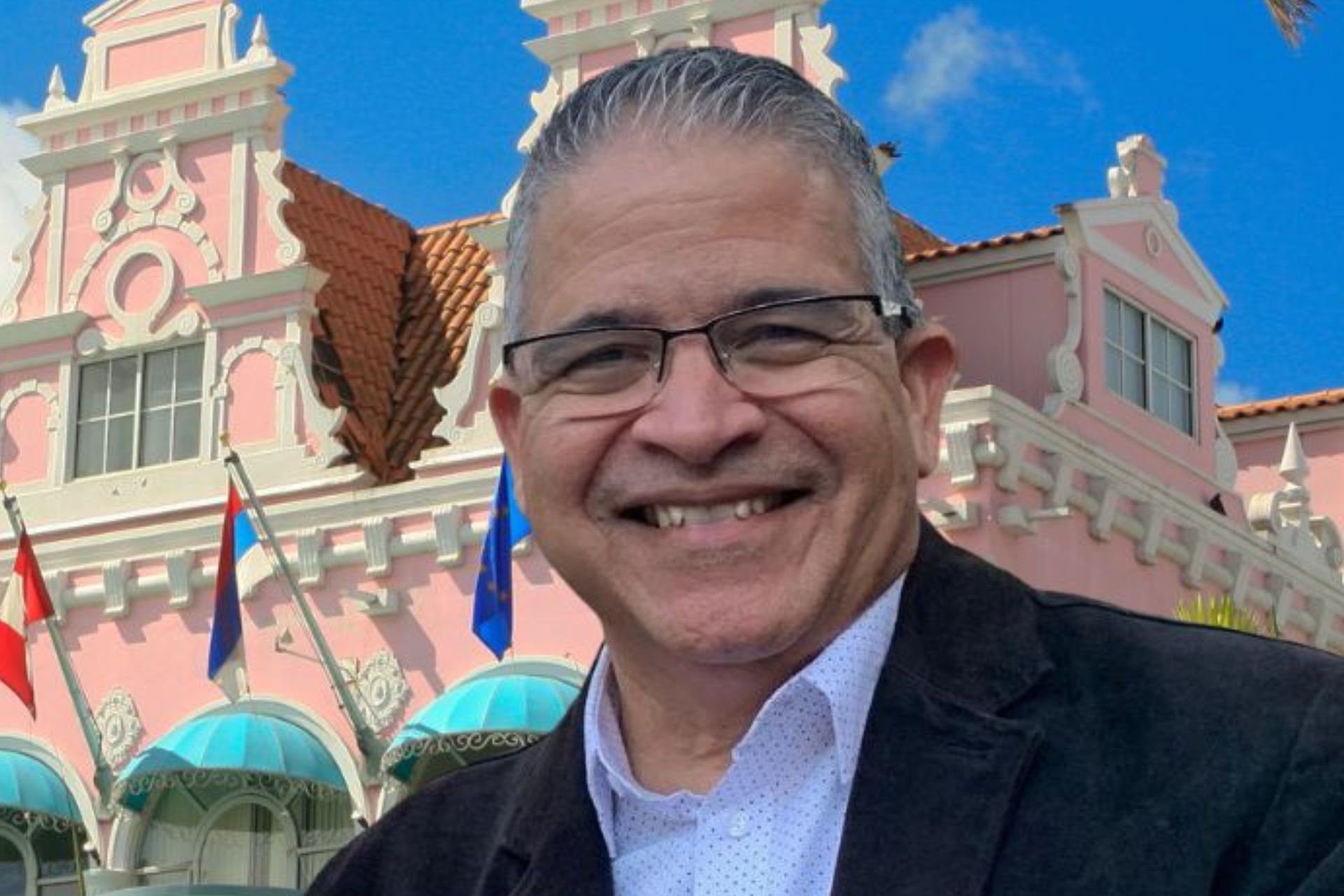Meet Ashwani Bhati from India
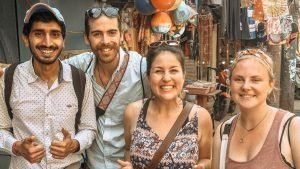
Meet Ashwani Bhati, a new junior ambassador of the World Food Travel Association in India. The interview below was first posted on Asia Travel Re:Set.
Ashwani Bhati is Manager of India Food Tour, and a junior ambassador for the World Food Travel Association.
He studied as a mechanical engineer and worked for a mobile phone maker before volunteering at the Mahatma Gandhi Ashram. A chance meeting with a tour guide changed his life. He completed an MBA in Tourism and Travel Management and began a new journey as a travel guide.
Business was developing well until March 2020. Ashwani recently did his first tour for 5 months.
This week, we chatted about his love for Delhi, his passion for cultural travel and his personal reflections on tourism in the pandemic era.
————-
Why did you give up engineering to be a tour guide?
India has a culture that education is the way to go up, our parents want us to be a lawyer, doctor or engineer. I got my degree, and was working for a Samsung mobile phone maker. The money was good, but I wanted something else. I quit in 2017 and volunteered to teach kids at the Gandhi Ashram. It was the best experience of my life. It really changed me. I met a lady who was a tour guide. She told me fascinating stories, and I knew it was what I wanted to do.
I started working in the tourism industry, but I wanted to study for a masters to satisfy myself I was learning more.
How did you find your first clients?
While studying, I worked as a freelance guide. I tried whatever came my way; food, architecture, photography tours. I was with a free walking tour company. That was the best education, as you are not paid – so if you want to earn money from it, you have to give your best every time, and prove to the customer from day one that you are worth it. I was lucky to get that start.
“I worked as a freelance guide. I tried whatever came my way; food, architecture, photography tours.”
Then you took a tour company job?
I became manager of India Food Tour in Delhi, but I like being out in the field, talking to people and showing them the different sides of Delhi. That gives me pleasure.
Is the work seasonal?
Yes, it is very seasonal because of the weather. Delhi can get very hot most of the year, and very cold in winter, from 2 degrees to 38 degrees across the year. Foreign visitors and even tourists from other parts of India can’t tolerate the heat. Normally, most tourists come to Delhi – and India also – in the winter season, from September to March, though there are travellers during the rest of the year.
Do you have both local and international clients?
I’d say 99% are international. They come from around the world, but the main countries are US, Canada, UK, Australia, some from China. The few Indian tourists who come on tours are from different corners of the country. They know that Delhi has good food from social media, and the names of places they want to to visit, but they don’t know the stories behind them.
Groups or individual tours?
Both, but mostly groups. We keep groups to 6 people. It’s a food tour, so 6 is the right number, but sometimes we have tours of just 1 or 2 people. It’s very competitive now. A lot people set up as guides without certifications, and they don’t want to provide a genuine experience. I think, the quality of tours did go down in the last couple of years, and this damages the image of the country.
“Before the pandemic, we had bookings for 2020 and 2021.”
Do clients book in advance, or when they arrive?
It’s a range. Before the pandemic, we had bookings for 2020 and 2021. But also people book when they are in India and they know when they will be free and what they want to do. Clients vary from tour groups and business travellers to backpackers, students and even families with young kids who try the street foods.
Before the pandemic, did you feel 2020 would be a positive year?
No, not really. The problem with India was the economic slowdown in the rest of the world, so tourism was going a little bit down. We were starting to see that in 2019. Of course, no one expected the pandemic but we would have seen a bit of a slowdown this year – but, of course, much better than what has happened.
How did 2020 begin for you?
It was really good in January, and in February we had lots of tourists because people who had planned to travel to China were changing to India and Sri Lanka. This surge lasted into early March, but I did my last tour on the Holi holidays, the Festival of Colours. After that, the government began stopping flights.
What was Delhi like during lockdown?
Delhi was very quiet for 2 months, with no-one on the streets. It was strange. A lot of migrants went back to other parts of India. Now it is back to normal. All over India it is like this. In old Delhi, where we do most of our tours, the streets started to get crowded again in June and July. Soon there was no space to move again. I wasn’t expecting that, but I thought “That’s the spirit!” It was so good to see people back.
It is a different atmosphere without tourists. In India, when anybody sees a foreigner they feel happy. They want to interact or have a selfie, so that sense of positivity is missing at the moment.
Are Indians travelling again?
People have started travelling inside the country. We see leisure and pilgrim travellers and business travellers. But there are no travellers from overseas. I think that won’t be until the end of the year at least, or maybe next March.
So, how was your first tour after 5 months?
It was pure luck. I got an email from an architecture tour company, and I didn’t think it was real. I was not even sure while I was standing there to start the tour. And then the client turned up and I thought “Yeah, this is happening.” She was from the UK, and came to India in March just before the lockdown. She is working here, but wants to travel and learn about the country. Now seemed the right time to start.
“We wore masks and kept a distance, but we didn’t go inside the old monuments because they are very narrow.”
We chose a Sunday morning to visit the old city, which was built from the 17th century. On Sunday everything is closed, so it’s not crowded. It was safe, the only people around were the street cleaners. We wore masks and kept a distance, but we didn’t go inside the old monuments because they are very narrow. We did a full tour though, and it was great. Personally, I love the crowds. From 10am to 9pm, there is usually no space, and the atmosphere is incredible.
What has being a tour guide taught you?
I love talking to people and asking questions about their life stories, I learned about running and training, some guests recommended really good books about history and humanity. I also do photography tours, and learned new tricks about composition and lighting. We can learn from each other.
“I think more people want to travel like this now, to connect to people and culture when they visit a place, for travel to be meaningful.”
What does travel mean to you personally?
I don’t want to go to places and see things. When I travel, I want to connect with trades people or farmers and learn about their lives, or to give something by volunteering. In January, I travelled to Mahabalipuram, a 5,000-year-old city famous for stone sculpting. I spent 7 days learning stone carving with Indians and foreigners in a workshop. It was amazing. I think more people want to travel like this now, to connect to people and culture when they visit a place, for travel to be meaningful.
How did you choose The Horses King tour name?
My mum gave me the name Ashwani, which is a Sanskrit word meaning King of the Horses, so I reversed it. The Horses King is easy to remember, it makes people smile and everyone asks me what it means.
“The Horses King is easy to remember, it makes people smile and everyone asks me what it means.”
What are you doing until tourism returns to Delhi?
I’ve been reading a lot of books, learning about photoshop, spending time with family and friends. The work is not there, but I get to speak to other professionals around the world, like you. Maybe, in a normal year, we wouldn’t get these opportunities.
Are you feeling positive for 2021?
It’s our choice what we do. We’ve seen bad times this year, everyone has. But we can be sad and we can be positive at the same time. That’s OK.
